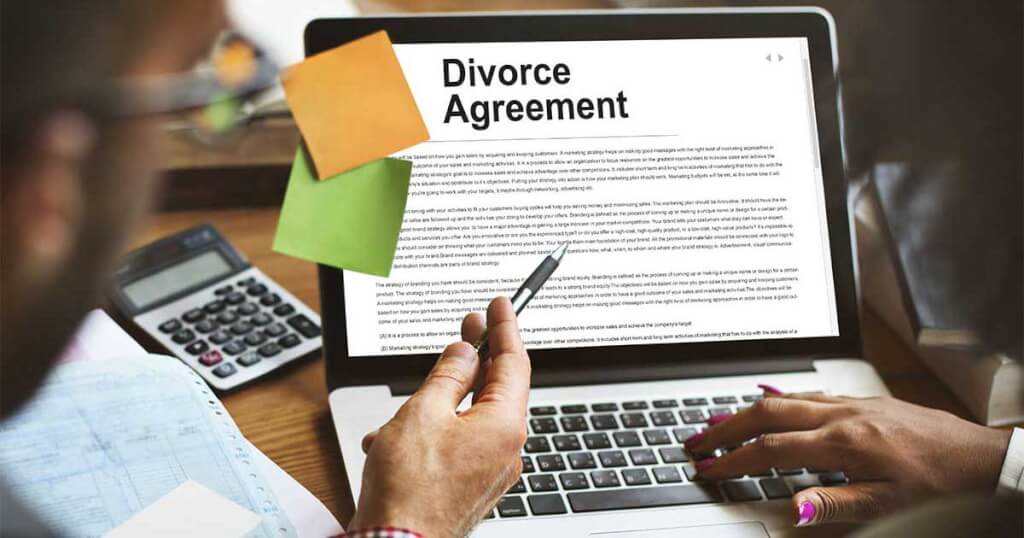1. What is a collaborative divorce?
A collaborative divorce is a process which enables parties to use mediation and negotiation to settle their divorce. This is contrasted with the usual courtroom divorce proceedings.
2. What is the aim of a collaborative divorce?
The primary goal of a collaborative divorce is to attempt to reach an outcome that is ideal for both parties. Through this, the emotional strain that accompanies a traditional divorce is avoided.
3. Can the parties decide on all matters during collaborative divorces?
Collaborative divorces can address all issues pertaining to a divorce procedure, including the division of matrimonial assets, maintenance and custody, access and care and control of children.
4. Is an attorney necessary?
In collaborative divorces, both parties must hire an attorney. It is imperative to hire an experienced divorce lawyer who understands the mediation and negotiation process. This would be a collaboratively-trained family lawyer who has the accreditation from the Singapore Mediation Centre. Ms. Gloria James is a prominent family lawyer who has received this accreditation.
5. Is it time-consuming?
Collaborative divorces are usually less time-consuming than litigated divorces. This is because the parties do not have to act in accordance with the schedule of the courts.
6. Is it costly?
Collaborative divorces are less costly compared to litigated divorces. This is because the process is shorter, so the amount of money paid to attorneys is usually lesser. Further, money that is spent on paying courts to carry out divorce proceedings there will be saved.
7. Is it suitable for me if I have children?
Collaborative divorces are especially suitable in cases where there are children involved. The process is less traumatic to children as the parties work through their differences to find a resolution that is best for both of them.
8. Is it a highly stressful process?
Collaborative divorces are less stressful for the parties as they can exchange information more freely and openly, and the outcome is not decided by an external party. Instead, it depends on whether they are able to reach an agreement.
9. Is it private?
Collaborative divorces provide a higher level of confidentiality than litigated divorces as the parties do not have to air their dirty laundry in the courts since the negotiations occur behind closed doors. Further, only the final agreements are filed in public records.
10. Is it always better than a litigated divorce?
Collaborative divorces are not for everyone as it requires commitment and cooperation from both the parties to work out their differences and attempt to reach a settlement. An experienced divorce lawyer will be able to advise you on whether collaborative divorces are suitable, by listening to the particular circumstances of the case and drawing down on their experiences in prior cases.












